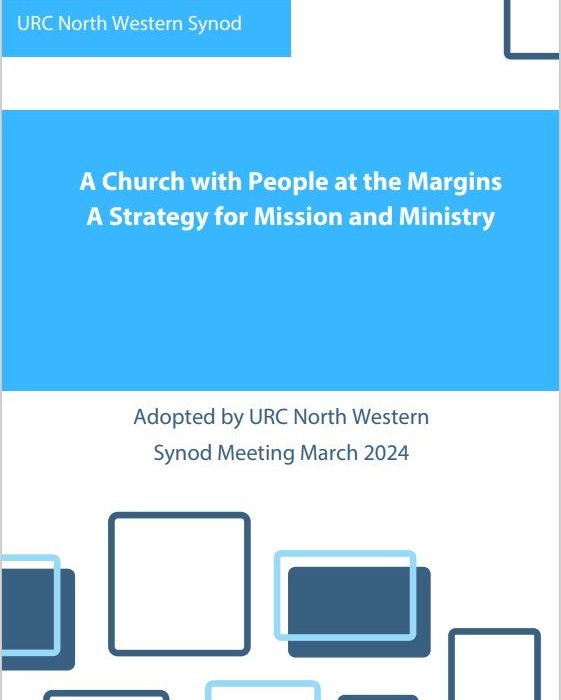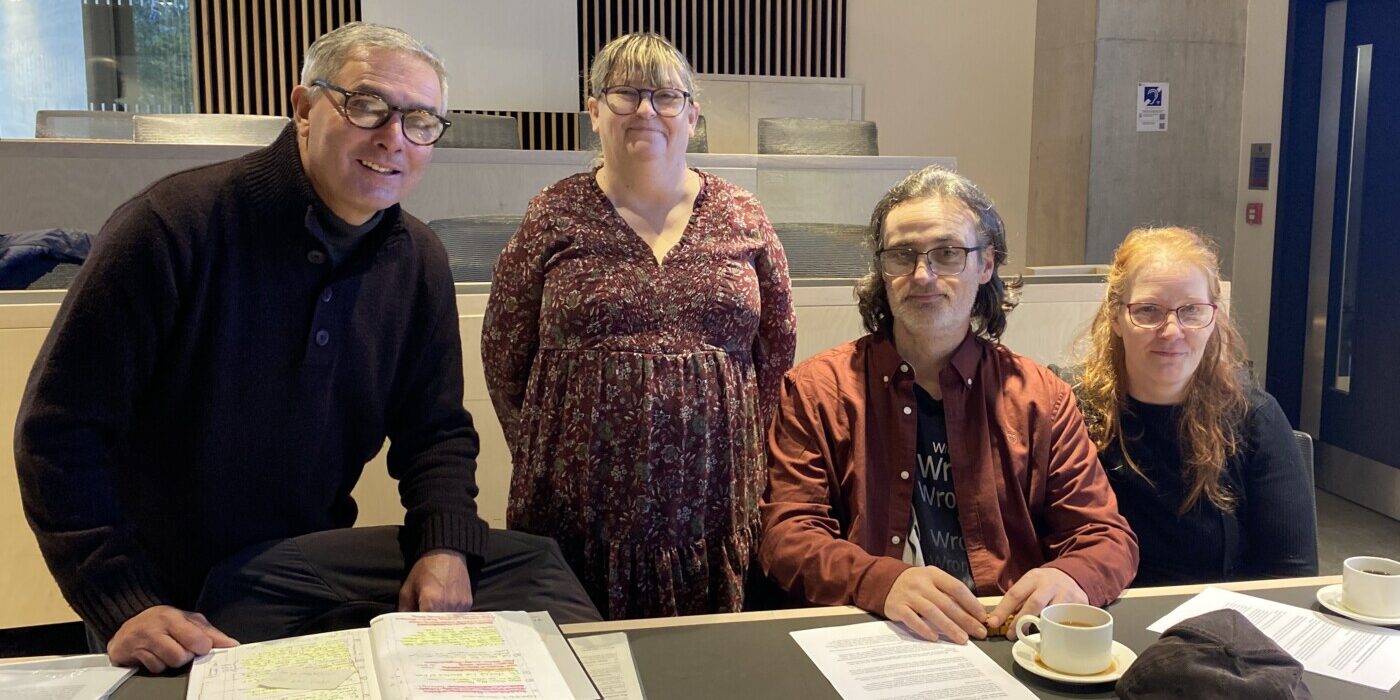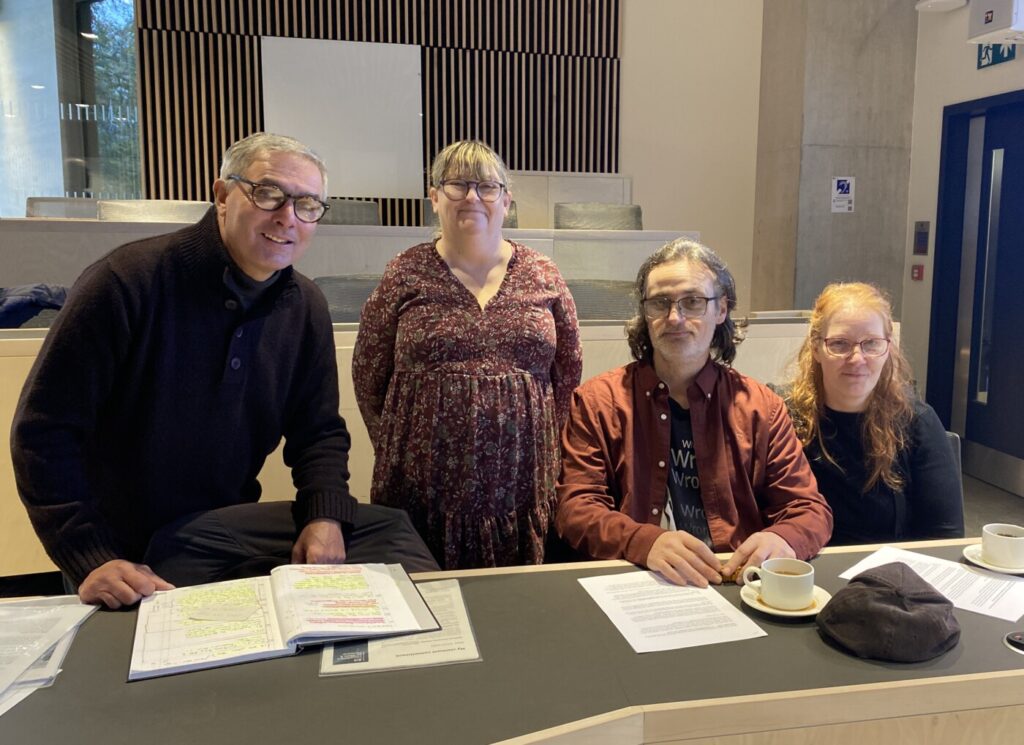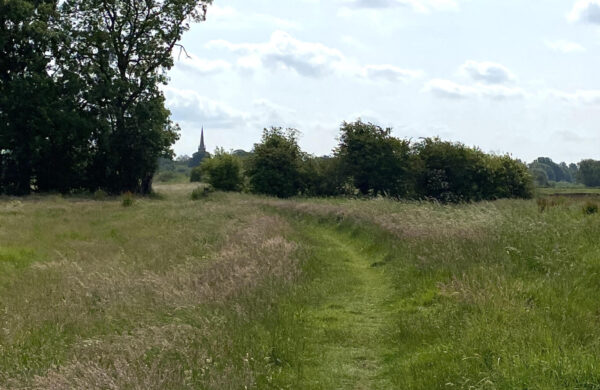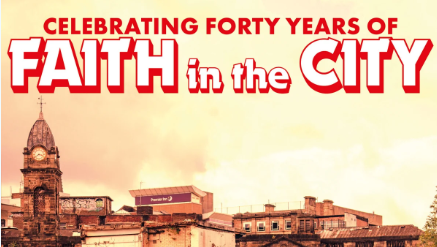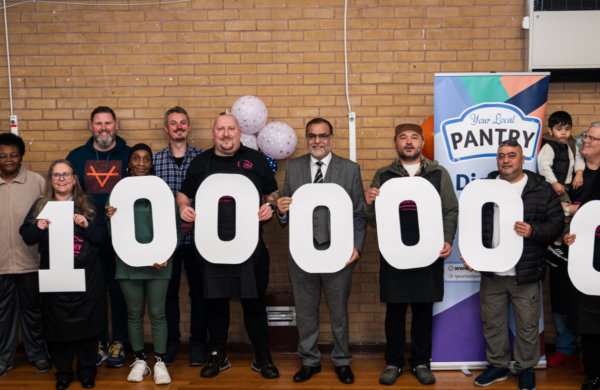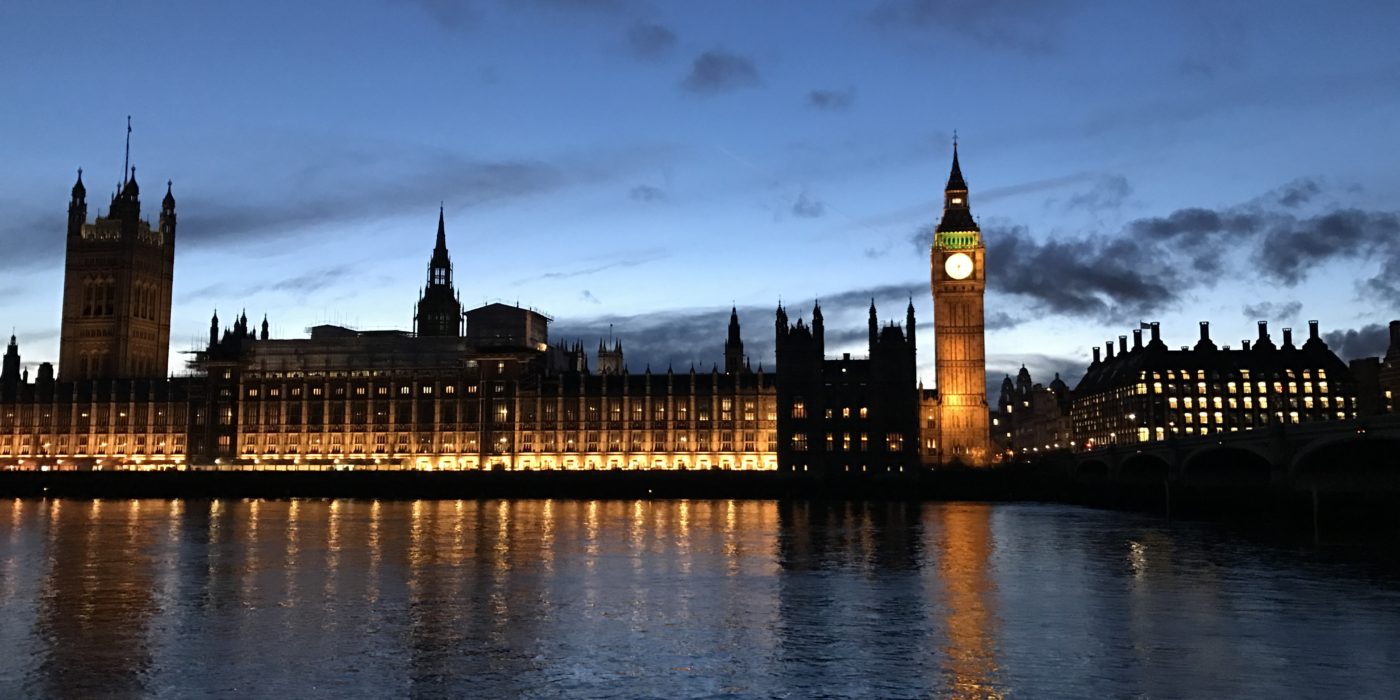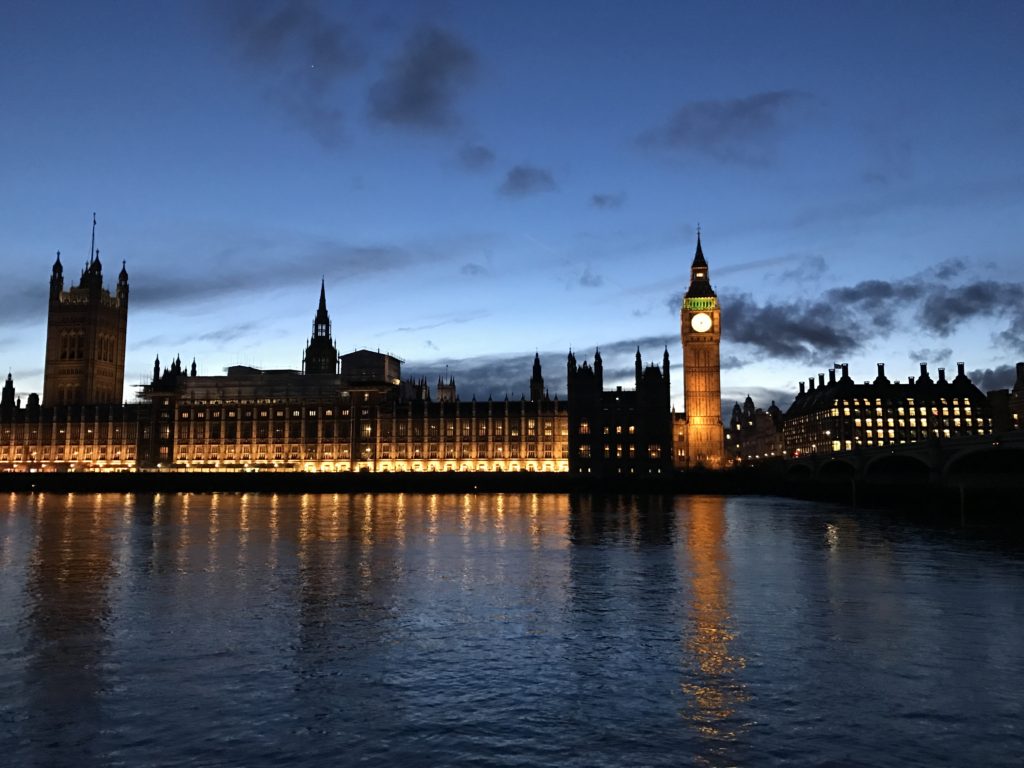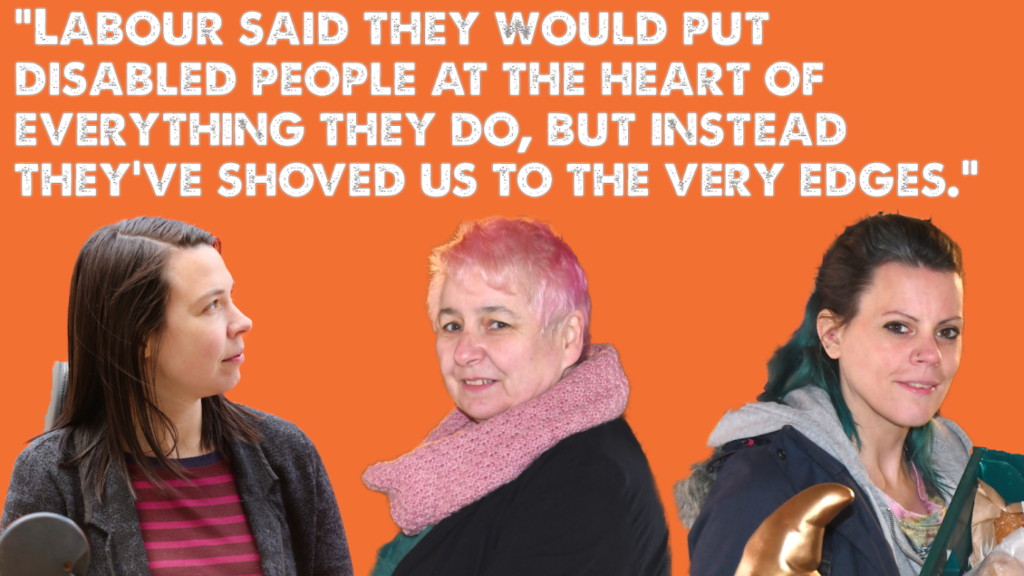
Ending poverty in the UK is a challenging task that requires long-term commitment. At Church Action on Poverty, we’re hugely grateful to the passionate, dedicated donors, activists and church leaders who stand with us. We know that many of you have been standing with us for an end to poverty for years or even decades.
In an increasingly difficult climate for charities and fundraising, our brilliant donors have continued enabling people to reclaim dignity, agency and power. Leaving a legacy is a powerful way of building on that dedication.
Since 2023, legacies have made a huge impact in our work. We’d like to thank Sheila Lovibond and her family – she left a hugely generous legacy which is supporting our work in churches and communities this year. Last year, another supporter made a significant donation from a legacy she’d received herself – enabling us to arrange the UK tour of the Dreams and Realities exhibition.


